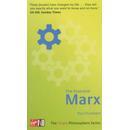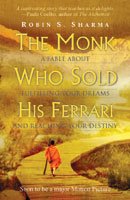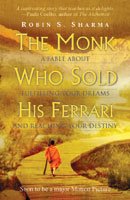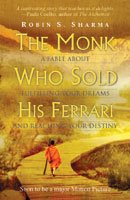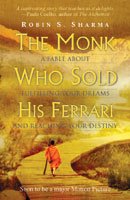Salt & Sawdust
SALT & SAWDUST
r k narayan
That’s the book which am currently reading. Unlike his books that contain stories that strike us with their simplicity and obviousness told in a manner that keeps us fixed owing to the unique writing style, this book has only a couple of stories to start with and the rest of the book is plain table talk.
The first two stories speak the same language as his other stories.
The first story which gives the book it’s name, Salt & sawdust is rather an amusing one where the overbearing wife who has a passion for writing and wants to write a novel for which her husband gives all the support he can but husband’s love for cooking (which was encouraged by wife’s incapability in cooking) lands both of them in an end where both of them are left in disbelief. Its just a joy to see how the situation unfolds.
story which gives the book it’s name, Salt & sawdust is rather an amusing one where the overbearing wife who has a passion for writing and wants to write a novel for which her husband gives all the support he can but husband’s love for cooking (which was encouraged by wife’s incapability in cooking) lands both of them in an end where both of them are left in disbelief. Its just a joy to see how the situation unfolds.
The second story titled Guru, is about a man too miserly. His miserliness leads him to loneliness which he does not accept even when he knows it’s there.
The books then takes to the chapter which helped me meet one more great man from the history – Magsaysay of Philippines. Read him and he seems to be India’s Subhash Chandra Bose with the only difference between the two great men being that Magsaysay lived on to lead his country after getting it freed from Japanese occupation.
Till now, its been a nice read.
r k narayan
That’s the book which am currently reading. Unlike his books that contain stories that strike us with their simplicity and obviousness told in a manner that keeps us fixed owing to the unique writing style, this book has only a couple of stories to start with and the rest of the book is plain table talk.
The first two stories speak the same language as his other stories.
The first
 story which gives the book it’s name, Salt & sawdust is rather an amusing one where the overbearing wife who has a passion for writing and wants to write a novel for which her husband gives all the support he can but husband’s love for cooking (which was encouraged by wife’s incapability in cooking) lands both of them in an end where both of them are left in disbelief. Its just a joy to see how the situation unfolds.
story which gives the book it’s name, Salt & sawdust is rather an amusing one where the overbearing wife who has a passion for writing and wants to write a novel for which her husband gives all the support he can but husband’s love for cooking (which was encouraged by wife’s incapability in cooking) lands both of them in an end where both of them are left in disbelief. Its just a joy to see how the situation unfolds.The second story titled Guru, is about a man too miserly. His miserliness leads him to loneliness which he does not accept even when he knows it’s there.
The books then takes to the chapter which helped me meet one more great man from the history – Magsaysay of Philippines. Read him and he seems to be India’s Subhash Chandra Bose with the only difference between the two great men being that Magsaysay lived on to lead his country after getting it freed from Japanese occupation.
Till now, its been a nice read.
 .
.
